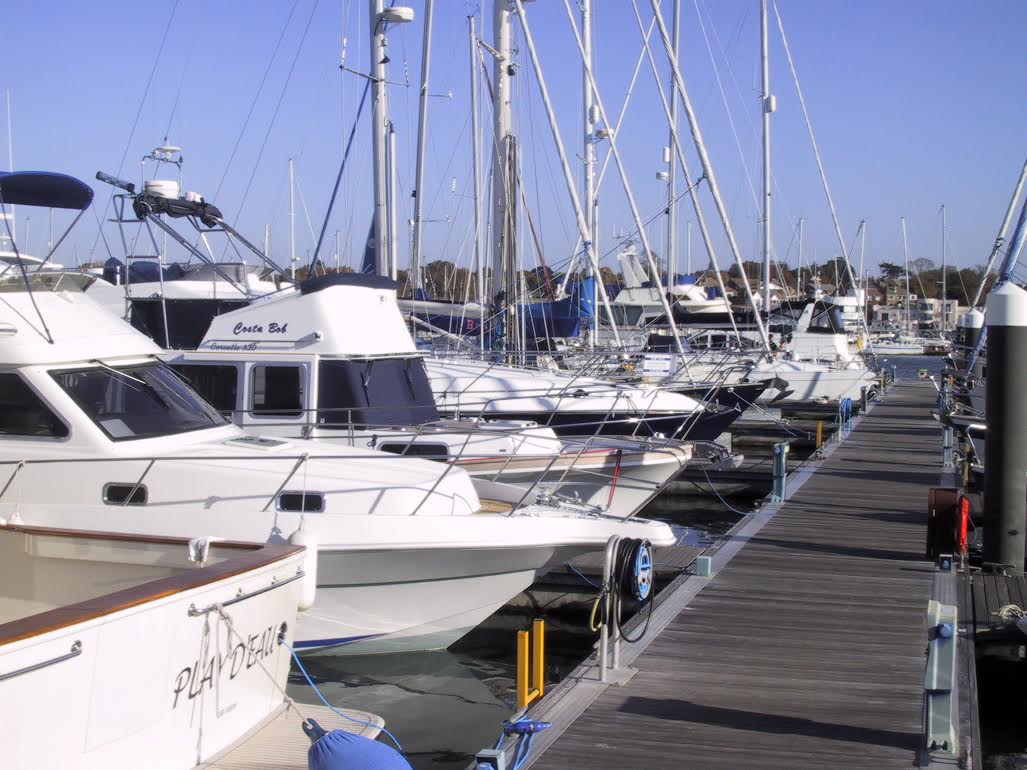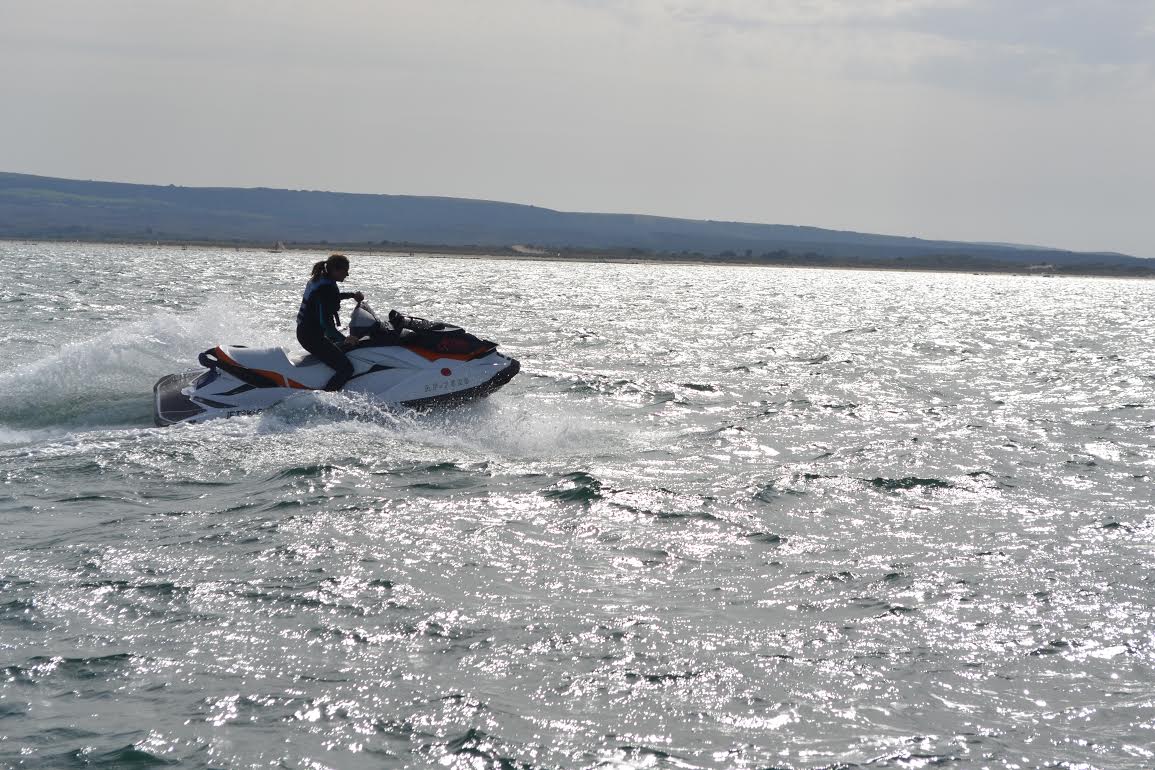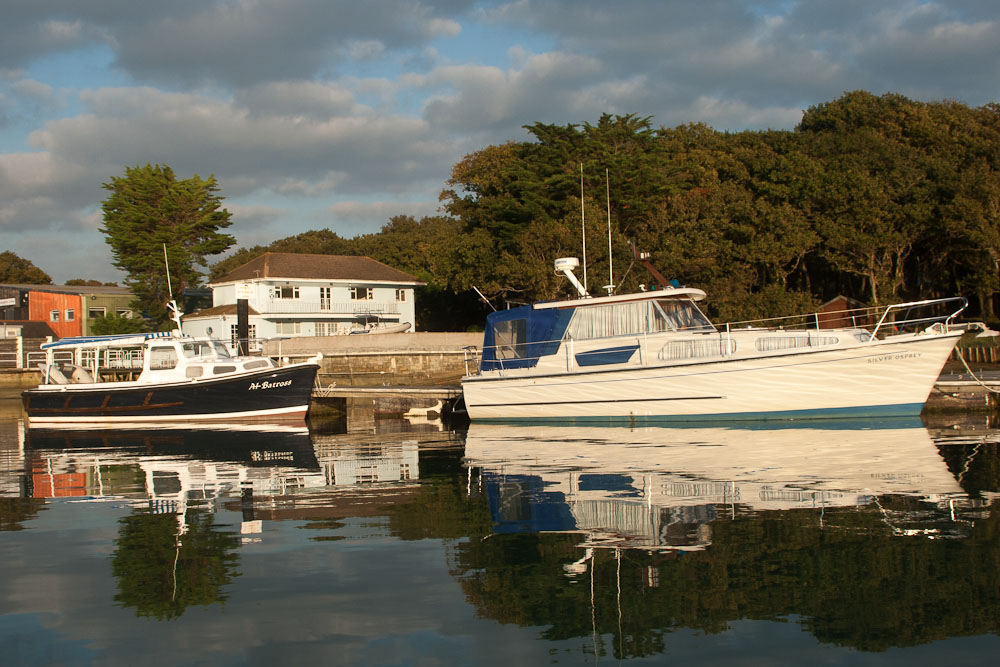Boat insurance specialists and RYA member benefit provider, Bishop Skinner Marine answer a few of the most common boat insurance questions…
As specialist marine insurance brokers we have been insuring pleasure craft for more than 40 years. From super yachts to small dinghies we’ve insured almost every type of vessel.
However when it comes to actually insuring your boat there are many questions we are often asked; ‘how much cover do I need’, ‘what is the best cover for my boat if something goes wrong’?
To enable you to consider what insurance cover is appropriate for your boat here is a list of our most frequently asked questions:
 Why do you need boat insurance?
Why do you need boat insurance?
While it is not usually a legal requirement on most waters, having appropriate cover makes sound financial sense. Marine mortgage companies for instance insist on compulsory insurance as part of their money lending process. However, there are two stand-out reasons why boat insurance is not a ‘would like to have’ but a ‘must have’:
1. Firstly, you have to protect your capital investment against loss or damage which ultimately could result in a large and costly repair bill if the worst were to happen.
2. Secondly, having adequate boat insurance can help to protect you against any third party liability for injury or damage caused by you or your vessel. Third party liability is usually the most frequent claim we receive when it comes to boat insurance.
What can influence the premium payable?
From a small dinghy or large super-yacht, to a super-fast Jet Ski, each type of vessel will attract a different level of risk, so just like car insurance, boats are usually categorised according to their vessel type and risk.
It goes without saying that a ‘Sunseeker’ with powerful engines that costs a million pounds will be far more expensive to insure than a smaller, much less powerful craft. A yacht will also have a different risk assessment than a dinghy or a jet ski, so insurers will factor in the type of the vessel and any potential repair bills before calculating the premium.In general, the actual size of the boat isn't as important as its value, how easily it could be stolen and the potential for damage. If your boat is trailer-able and spends a large amount of time safely tucked away on your drive, you'll probably pay a different premium than if it was stored at a marina.
 The area in which you keep and use your boat will also have an influence on the level of premium you pay and may have restrictions on cover that are subject to local weather conditions.
The area in which you keep and use your boat will also have an influence on the level of premium you pay and may have restrictions on cover that are subject to local weather conditions.
Finally the experience of the owner / users and the type of use i.e. whether it is used privately, as a charter or racing vessel and of course any previous claims experiences are all taken into consideration when calculating the premium.
What type of features should I look for in my policy?
The level of premium is obviously important but it should not be the sole deciding factor. You should try and strike a harmonious balance between costs vs. benefits.
• All policies are different, so make sure you choose one that provides the cover you want and need. Handy tip - assess the most expensive parts of your boat and check that your policy provides cover for damage to these, as well as what deductions may apply in the event of a claim.
• Are any replacement costs issued on a new-for-old basis?
• Exclusions - make sure you look out for any exclusion in your policy. All policies have them, so check your wording very carefully.
• Ensure that the policy covers any cruising grounds you wish to sail in.
• Finally, make sure the insurer is authorised and approved by the regulatory body of the country in which they are based; here it is the Financial Conduct Authority.
 What does a typical boat insurance policy usually include?
What does a typical boat insurance policy usually include?
Any physical damage covered by a boat insurance policy will usually include equipment such as hull, sails, machinery, furnishings, on-board equipment and the trailer if applicable.
Standard cover generally provides:
• Accidental damage, including fire, theft and malicious damage, sinking, stranding, collisions and salvage costs.
• Damage to engines.
• Transit risks up to 30 feet in length.
• Lifting and launching risks.
• Loss or damage caused by latent defects.
• Frost.
• Personal effects.
• Damage to mast and rigging whilst racing can be purchased for an additional premium.
Third Party
Provides protection for you, or authorised persons using your boat, from claims made by third parties for death or injury or damage to third-party property for which you may become legally labile.
What isn’t covered on a standard policy?
Typical policy exclusions include:
• Damage caused by wear and tear.
• Wilful misconduct.
• Loss of value due to age of vessel.
• Losses caused by corrosion osmosis.
• Mast, spars and sails whilst racing unless the policy has been extended.
• Damage to machinery following breakdown.
• Theft unless the right security devices or locks are fitted.
• The policy excess relating to damage caused by you and also on any third party claims.
 Where should you buy your policy?
Where should you buy your policy?
You should consider purchasing your cover from a specialist insurance broker as they be able to advise you on the correct cover for your vessel and use their influence in the market to help you obtain the best cover available. They may also be able to offer you ‘enhanced terms’ such as lower excesses, greater policy benefits and wider cover etc.
You can also purchase cover directly from the insurer, remembering that they will only be providing you with the benefits of their own cover and not other markets.
Buying online is becoming more popular because of the ease at which a policy can be purchased. Do be careful to check exactly what you’re covered for before taking out the policy online, as you won’t have the benefit of an advisor to talk you through the details.
Above all, it’s important to only insure as appropriate, but don’t scrimp on cover if your risk is likely to be high.
And finally
Ensure you review any potential policy in detail before you commit to purchase. By undertaking a thorough analysis of every possible scenario, you should be able to get the right cover for your vessel and enjoy peace of mind when sailing without worry.
Find out more about Bishop Skinner Marine at www.bishopskinner.com
More information about the RYA / Bishop Skinner Marine member benefit offer
Keep up to date with all our latest news on Facebook and Twitter




